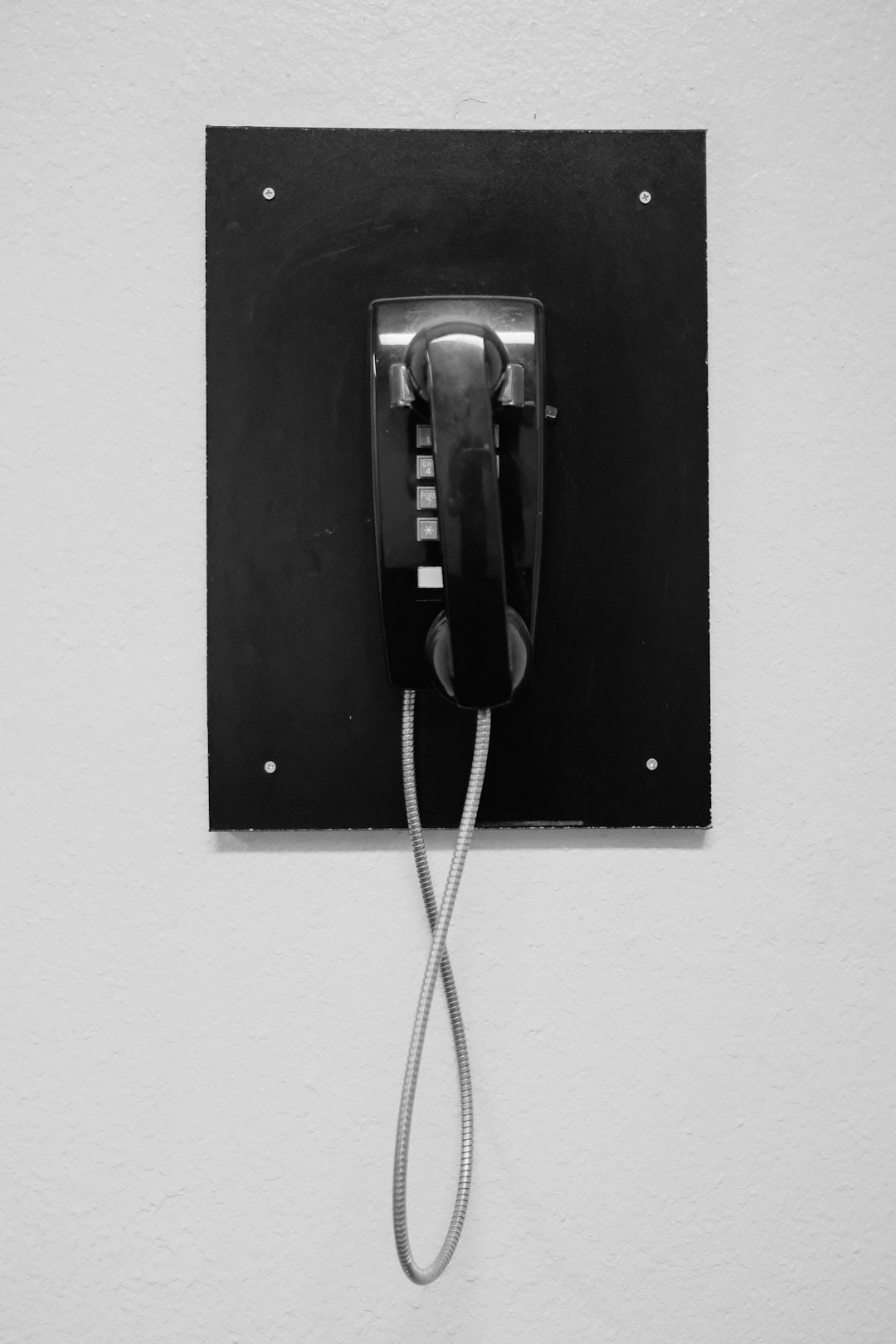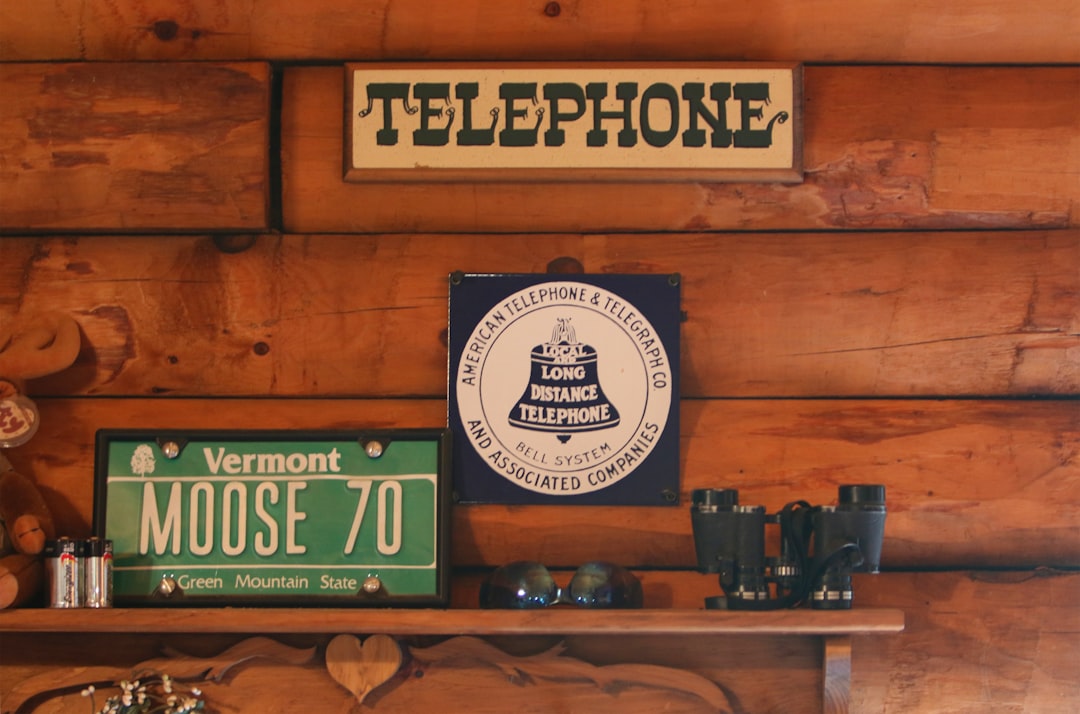Utah's strict "Do Not Call" laws protect residents from unwanted telemarketing calls by law firms and other businesses, with significant penalties for non-compliance. The state regulates when and how businesses can contact consumers by phone, allowing residents to opt-out of promotional or sales calls through the official Utah Do Not Call list. Law firms must obtain proper consent before making telemarketing calls to avoid penalties and maintain a positive reputation. The Utah Division of Consumer Protection ensures compliance, while the Attorney General's Office enforces the laws with daily fines for violations, including severe repercussions for willful disregard.
In Utah, the legal framework for telemarketing is defined by state-specific Do Not Call laws, designed to protect residents from unwanted sales calls. This article delves into the intricacies of these regulations, focusing on who is subject to these rules, permitted practices, required disclosures, and associated penalties. Understanding these guidelines is crucial for businesses and law firms aiming to comply with Utah’s telemarketing standards, ensuring respectful interactions with potential clients.
Understanding Utah's Do Not Call Laws

In Utah, the Do Not Call laws are designed to protect residents from unwanted telemarketing calls. These laws are particularly relevant for law firms engaging in direct marketing strategies. The state has established regulations that strictly govern when and how businesses can contact consumers by phone. The “Do Not Call” list is a registry of telephone numbers that have opted-out of receiving promotional or sales calls, ensuring residents’ privacy and peace of mind.
Law firms operating in Utah must adhere to these rules, ensuring they obtain proper consent before making telemarketing calls. Failure to comply can result in penalties, as the state takes these regulations seriously. Understanding and respecting Utah’s Do Not Call laws is essential for legal businesses to maintain a positive reputation and avoid legal repercussions.
Who is Regulated Under These Rules?

Under Utah’s telemarketing regulations, several entities and individuals are subject to specific rules. Primarily, these laws apply to businesses and telemarketers who initiate phone calls from within the state or target Utah residents, including law firms practicing in Utah. The Do Not Call Law specifically restricts unsolicited telephone marketing calls to individuals and households who have registered on the state’s official Do Not Call list.
The regulations also encompass call centers, sales representatives, and any organization engaged in telemarketing activities, ensuring they adhere to ethical standards and consumer protection measures. This includes obtaining proper consent, providing clear information about the purpose of the call, and respecting consumer choices regarding call interruptions or opt-out requests.
Permitted Practices and Disclosures

In Utah, telemarketing practices are regulated by the Utah Division of Consumer Protection (DCP), which ensures compliance with both state and federal laws. Permitted practices include legitimate sales or service offerings, as well as charitable solicitations, as long as they adhere to specific guidelines. Businesses engaging in telemarketing must provide clear and accurate information about the nature of the call, including disclosure of any charges associated with the product or service being offered. Disclosures are crucial; companies should inform consumers about their right to opt-out of future calls, especially for those on the Do Not Call list, which includes law firms in Utah.
Additionally, telemarketers must obtain verbal consent from the recipient before proceeding with the call, ensuring that interactions are consensual. The DCP strictly enforces these rules to protect consumers from deceptive or harassing practices, particularly when it comes to unwanted calls from law firms and other organizations on Utah’s Do Not Call registry.
Penalties and Enforcement Procedures

In Utah, violations of telemarketing laws can result in significant penalties, including substantial fines and legal actions. The Utah Attorney General’s Office plays a pivotal role in enforcing these regulations, investigating complaints, and taking appropriate measures against violators. Do-not-call registries are an essential aspect of this framework, providing consumers with a way to opt-out of unsolicited calls, which businesses must respect under penalty of law.
Enforcement procedures involve consumer complaints, which trigger investigations by the Attorney General’s Office. If found guilty, telemarketers may face daily fines for each violation, with additional penalties for willful or knowing violations. These strict measures aim to protect Utah consumers from harassing or unwanted calls and ensure compliance with state regulations, particularly regarding Do not call law firms Utah.






